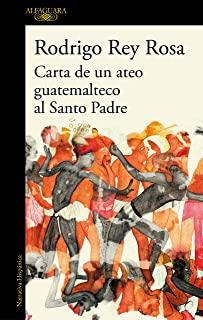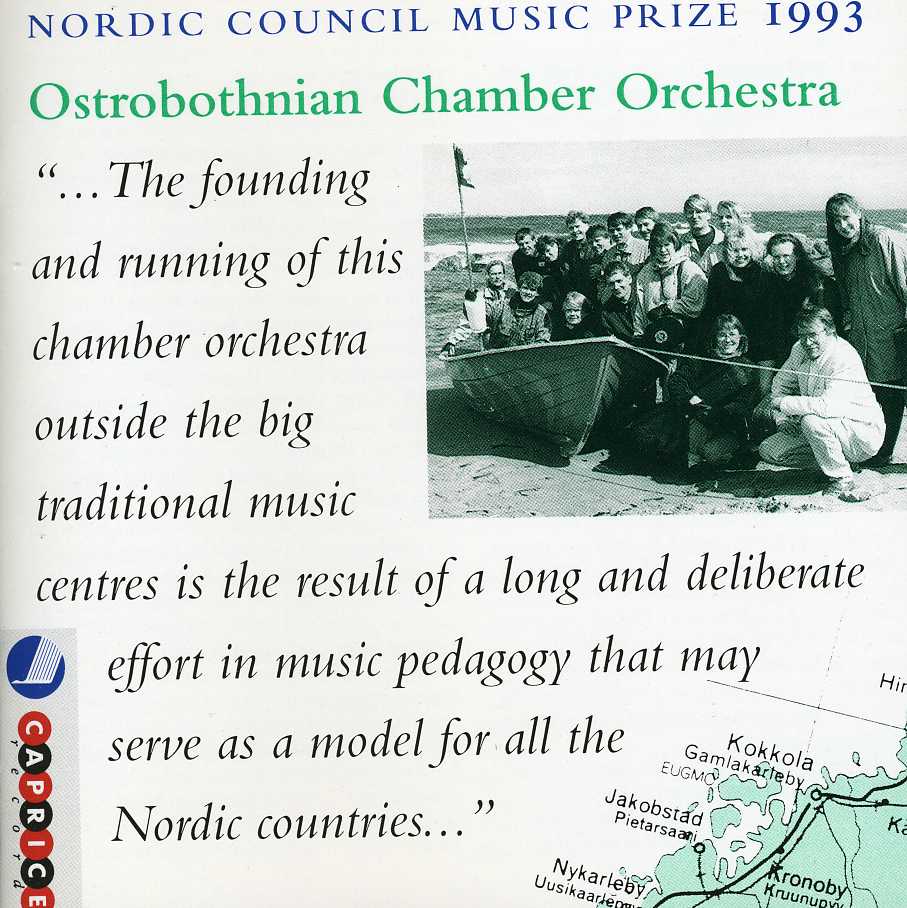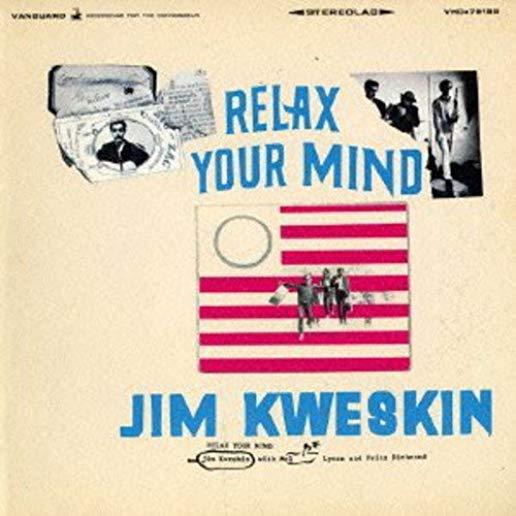
The Ego and Its Own is an 1844 work by Max Stirner. It presents a radically nominalist and individualist critique of, on the one hand, Christianity, nationalism and traditional morality, and on the other, humanism, utilitarianism, liberalism and much of the then-burgeoning socialist movement, advocating instead an amoral (although importantly not inherently immoral or antisocial) egoism.
Ego emphasizes owness as self-description, past fixed conceptions of the Self and Other, through the recognition of power relations and self-discovery of mind.
Johann Kaspar Schmidt (1806-1856), also known as Max Stirner, was a German philosopher who is often considered as one of the pioneers in anarchism, nihilism, existentialism, and postmodernism, and one of the many people who Karl Marx wrote an entire book on just to publicly criticize denounce.







